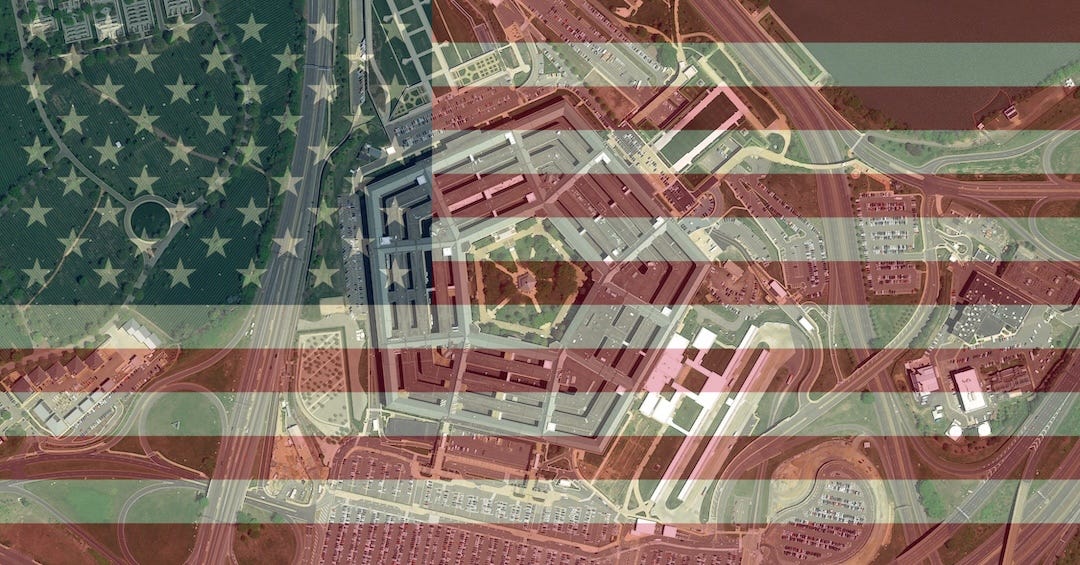If you know the enemy and know yourself, you need not fear the result of a hundred battles.
If you know yourself but not the enemy, for every victory gained you will also suffer a defeat.
If you know neither the enemy nor yourself, you will succumb in every battle.
Sun Tzu, Art of War, III.18
I am always amazed how little western governments are aware of their own (lack of) capabilities as well as of the nature and capabilities of their ‘enemies’.
They tend to not know the basic economic and sociological facts about their opponents. They operate on whatever nonsense they have come to believe about their ‘enemies’. They overestimate their own position, miscalculate and are astonished when, as a result, the factual situation turns against them.
We may recount, as Tucker Carlson does here, that the U.S. was “assured by some of the dumbest people on the planet, who currently serve in the United States Senate, that Russia was merely ‘a gas station with nuclear weapons’.”
Sanctions were imposed on Russia but failed to trouble it. They hurt those who imposed them the most.
The Trump administration recently put a 50 percent tariff on all goods from Brazil (even though it has a trade surplus with that country). This was to punish its government and judiciary for pursuing charges against the former president Jair Bolsonaro for plotting a coup after he had lost the elections.
Brazil is a nationalistic, well developed country which is allergic to interference by foreign powers. Anyone knowing that fact could have anticipated this reaction:
For [President] Lula, whose left-wing allies face a tough 2026 election, the moment is a windfall. Polls show revived support for his administration in the face of Bolsonaro-provoked American bullying. The tariffs also harm the interests of business elites who are often the biggest boosters of Lula’s conservative opposition.
”What was meant as a show of strength by MAGA and its Brazilian franchise has turned into a political gift for Lula, who now gets to credibly present himself as a symbol of national resistance while leaving his opponents scrambling to choose between loyalty to Bolsonaro and the economic interests of their own base,’ observed Brazil historian Andre Pagliarini.
The U.S. trade war against China is another point where the lack of knowledge about the opponent led to the loss of the battle:
When Mr. Trump raised tariffs on Chinese exports in April, some top Trump officials thought Beijing would quickly fold, given its recent economic weakness. Instead, Beijing called Mr. Trump’s bluff by restricting rare earths needed by American makers of cars, military equipment, medical devices and electronics.
As the flow of those materials stopped, Mr. Trump and other officials began receiving calls from chief executives saying their factories would soon shut down. Ford, Suzuki and other companies shuttered factories because of the lack of supply.
Mr. Trump and his top advisers were surprised by the threat that Beijing’s countermove posed, people familiar with the matter say. That brought the United States back to the negotiating table this spring to strike a fragile trade truce, which Trump officials are now wary of upsetting. That agreement dropped tariffs from a minimum 145 percent to 30 percent, with the Chinese agreeing to allow rare earths to flow as freely as before.
Trump and his advisor likely did not even know what rare earth were. They did not know that China has a monopoly of making them into magnets. They did not know that these magnets were needed to create U.S. high-tech products.
Moreover, China used the U.S. pretext of “national security” to make its move stick:
Mr. Trump was the first to harness the power of U.S. export controls, by targeting Chinese tech giant Huawei and putting global restrictions on American technology in his first term. But the Biden administration expanded those rules. Concerned that China’s growing A.I. capacity would advance its military, Biden officials cracked down on exports of Nvidia chips, seeing them as the most effective choke point over Chinese A.I. capabilities.
Since then, when Chinese officials raised their objections to U.S. technology controls in meetings, U.S. officials had responded by insisting that the measures were national security matters and not up for debate.
But in the meeting in Geneva in May, China finally had a powerful counterargument. Beijing insisted that its minerals and magnets, some of which go to fighter jets, drones and weaponry, were a ‘dual-use’ technology that could be used for the military as well as civilian industries, just like A.I. and chips. It demanded reciprocity: If the United States wanted a steady flow of rare earths, Washington should also be ready to lessen its technology controls.
China has regained access to Nvidia chips and Trump is seeking a meeting with China’s president Xi. Evidently, China has won this battle.
I am sure there are some specialists on China down in the bowels of the Commerce Department or State, who did know how China could hit back. They probably had gamed-out and predicted how China would hit back.
But U.S. politicians, be they Obama, Biden or Trump, are too full of themselves to doubt their own level of knowledge about their opponents. They do not know their ‘enemies’. The battles they plan out and launch do inevitably end in disasters.
As I have observed the U.S. losing one foreign policy battle after the other over the last 25 years I was waiting for the moment where sanity would set in. Where realistic assumptions would be made before launching this or that new adventure. I am no longer expecting that to happen.
Some say the U.S. is in a strong position and, despite creating chaos by losing such battles, does win from it. But in reality only some are profiting from fighting and losing these battles while the country as a whole is getting diminished by it.
Reprinted with permission from Moon of Alabama.

